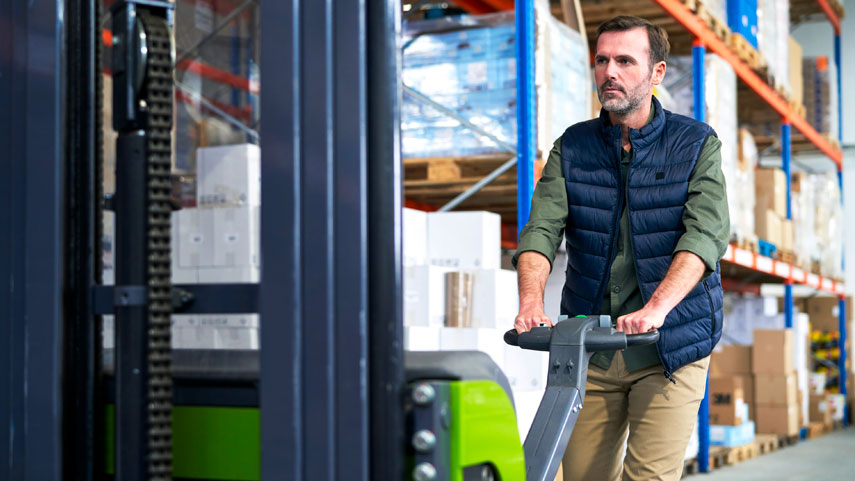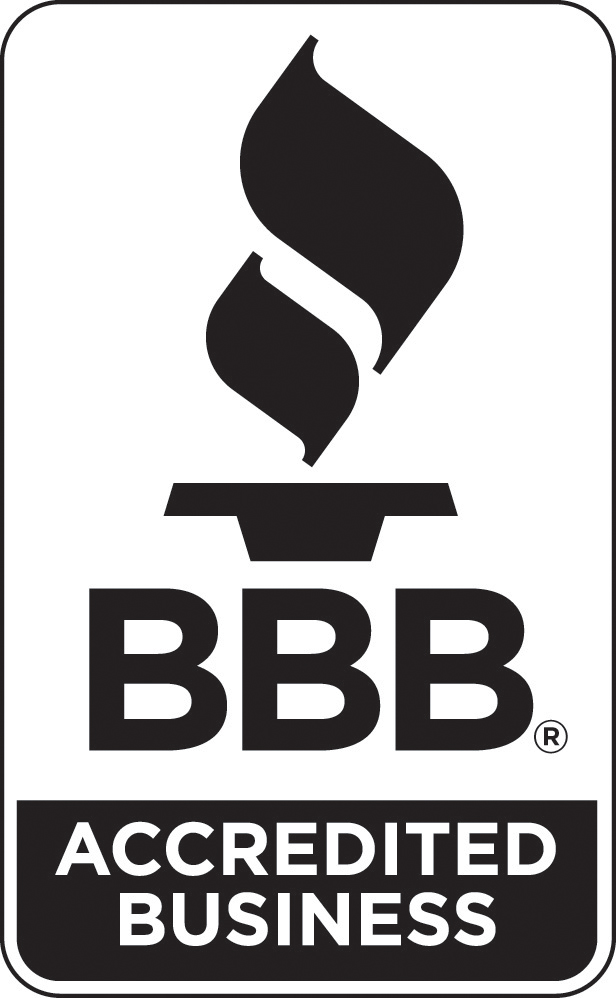5 Top Wholesale Food Distributors

Food: It’s one of the most essential human needs. Without it, the world simply doesn’t function. That makes food distribution, or the process of taking food from manufacturers and getting it to the end customer, one of the most important jobs out there.
Warehousing, packing, and food transportation are all pieces of the distribution puzzle. And toward the end of the supply chain, there are food distributors.
Benefits of a wholesale food distributor

Working with a wholesale food distributor has numerous benefits for the suppliers that need to ship their food products, the carriers that transport them, and the businesses that use the food—like restaurants, schools, and hospitals.
Benefits for shippers
- Better pricing: Using a distributor can help suppliers streamline operations and save money with more efficient processes. Buying in bulk from a distributor can also mean better prices for businesses.
- Market expansion: Food distributors typically have a vast, nationwide network and can connect suppliers with businesses they might not otherwise encounter.
- Quick movement of goods: The best distributors have thousands (or hundreds of thousands) of customers and can move stock quickly. With constantly refreshed inventory, suppliers can move more goods and businesses may get higher quality.
- Food storage and safety: Most wholesale food distributors take on the job of storing products, so suppliers and businesses don’t have to. That reduces risk and helps create a stable food supply chain.
Benefits for carriers
- Pooling shipments: Food distributors often need to get goods from one place to another before they have enough to fill a truck. Carriers can use software like Flock’s to pool multiple shipments heading in the same direction to maximize their trailer and make more money.
- Predictable schedules: Food distributors work with a variety of suppliers and businesses, and thus keep an organized schedule to ensure their complicated operations run smoothly. They often have strict deadlines for suppliers, so carriers that work with those suppliers or food distributors directly may find it provides a more predictable schedule.
Top 5 wholesale food distributors

Food distribution is big business. The industry has many billion-dollar organizations, some of which have been around for more than a century. Here are the top five.
1. Sysco
- Founded: 1969
- Top industries: Restaurants, healthcare, education
- Annual Revenue: $68 billion
- Distribution centers in the US: 172
Sysco is one of the most well-known names in the game. It isn’t just one of the biggest wholesale food distributors—it’s one of the biggest overall companies, ranking 60th on the 2021 Fortune 500 list. More than 170 Sysco distribution centers serve over 650,000 businesses and distribute equipment in addition to food products.
2. US Foods
- Founded: 1989
- Top industries: Restaurants
- Annual Revenue: $29.5 billion
- Distribution centers in the US: 100
US Foods is the second-largest wholesale food distributor in the United States, with about 300,000 end users and 6,000 suppliers. About 100 US Foods distribution centers serve restaurants, hotels, healthcare establishments, and government organizations. Like Sysco, they offer foodservice equipment in addition to consumables.
3. Gordon Foodservice
- Founded: 1897
- Top industries: Education, healthcare, hotels
- Annual Revenue: $19 billion
- Distribution centers in the US: 175
Gordon Foodservice is the largest private, family-owned wholesale food distributor in North America. They employ about 20,000 people and stock a wide variety of products including frozen foods, produce, and meat as well as beverages, cooking equipment, and cleaning supplies. Their distribution centers are also open to the public.
4. McLane Company
- Founded: 1894
- Top industries: Retailers
- Annual Revenue: $50 billion
- Distribution centers in the US: 80
McLane Company started as a small grocer more than a century ago. Today, the organization’s food distributors, McLane Grocery and McLane Foodservice, deliver more than 50,000 products to 110,000 locations nationwide. The business mainly focuses on retail, including convenience stores, drug stores, wholesale clubs, and discount grocers.
5. Performance Food Group
- Founded: 1987
- Top industries: Restaurants, convenience stores
- Annual Revenue: $30 billion
- Distribution centers in the US: 100+
Performance Food Group (PFG) splits its food distributor processes among three branches: Performance Foodservice, which serves restaurants, Vistar, its vending distributor, and Convenience. In 2019, PFG acquired Reinhart Foodservice and completed its transition to become one of the largest wholesale food distributors in the US.
How Flock helps you work with food distributors
There’s a reason food distribution is such big business: It’s an essential part of the foodservice supply chain. Whether you’re a manufacturer looking for better ways to ship your product or a carrier looking for better loads, Flock Freight can help.
Shippers
Shippers need a trusted and reliable partner to meet distributors’ tight deadlines. Flock Freight helps you ship on-time and in-full, even if you don’t have a full truckload. With Flock, multiple shippers can pool freight into a shared truckload (STL)—making shipping goods to a food distributor more cost effectively and with a lower carbon footprint.
Carriers
The Flock platform also helps carriers find high-paying food and beverage loads, and when you use STL, you could make up to 20% more per load than less than truckload (LTL).
Check out our industry page for more on how shared truckload helps shippers and carriers in food and beverage.



.jpg)

